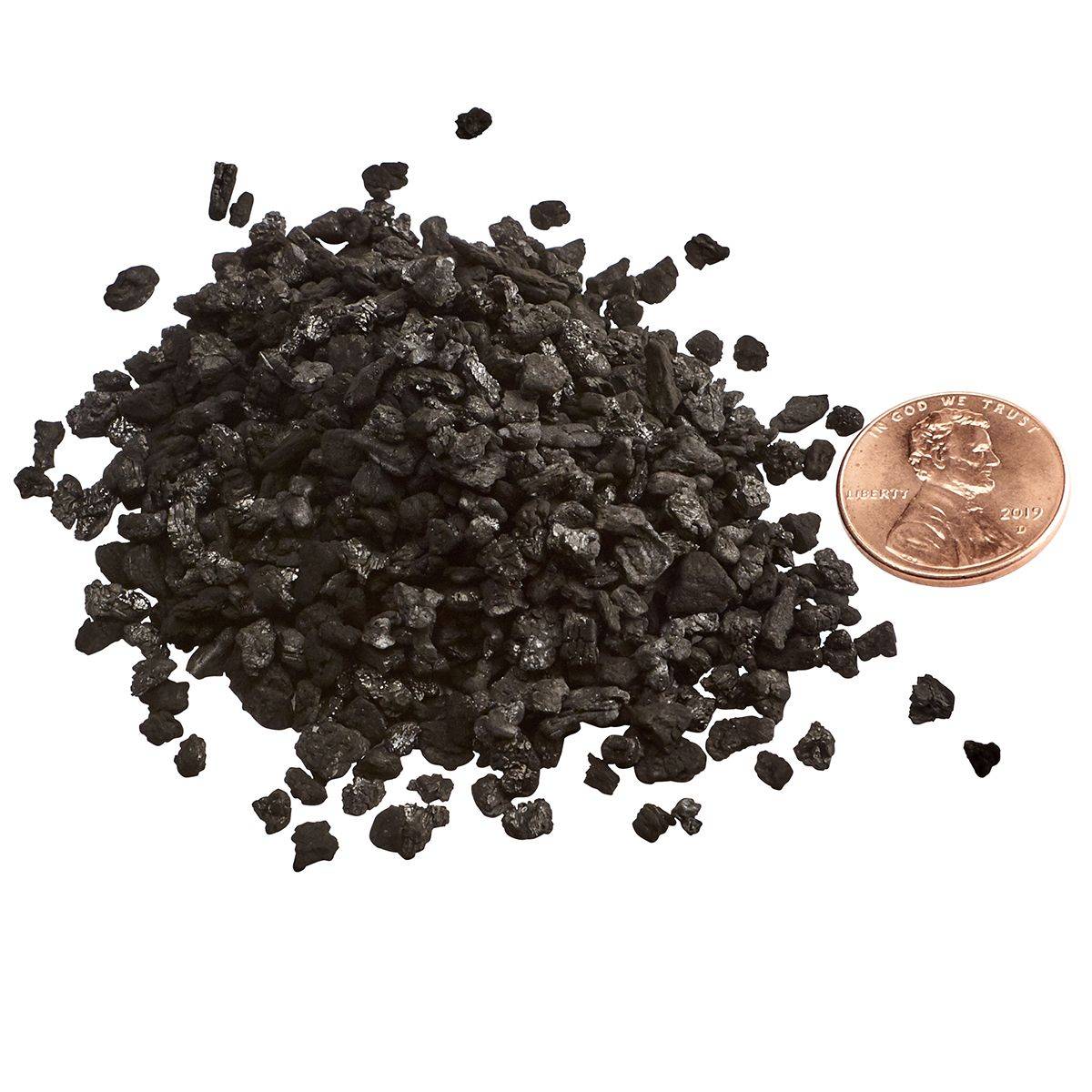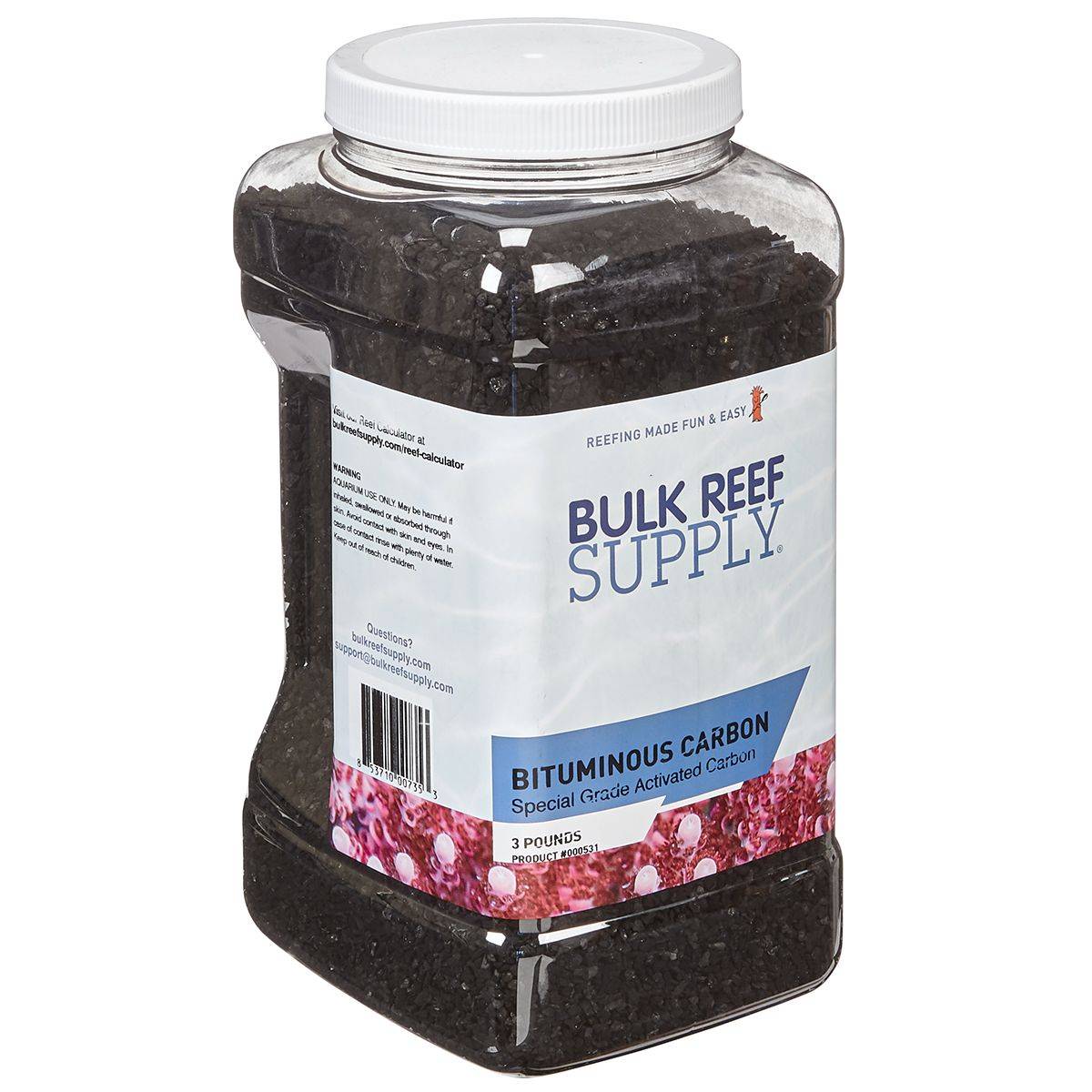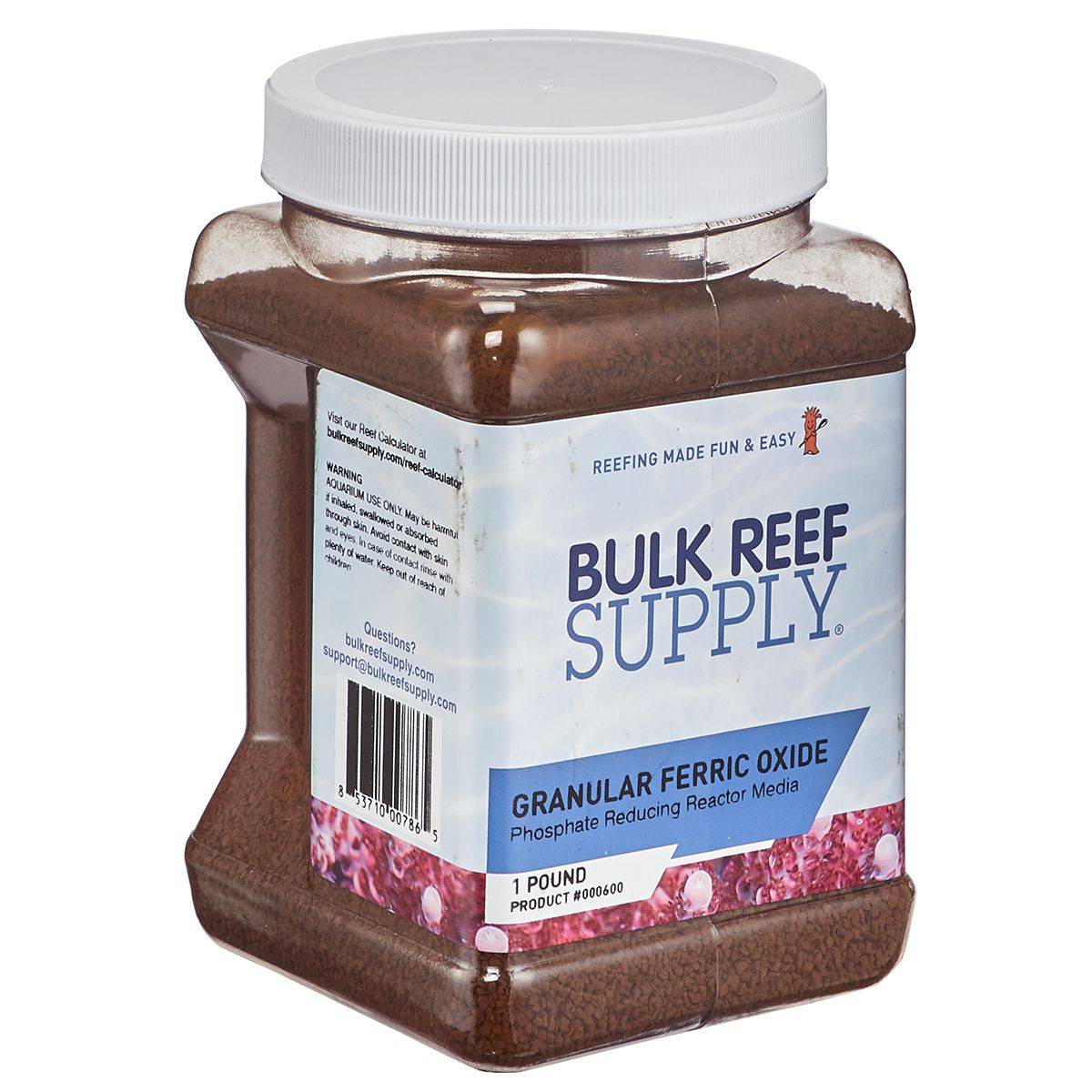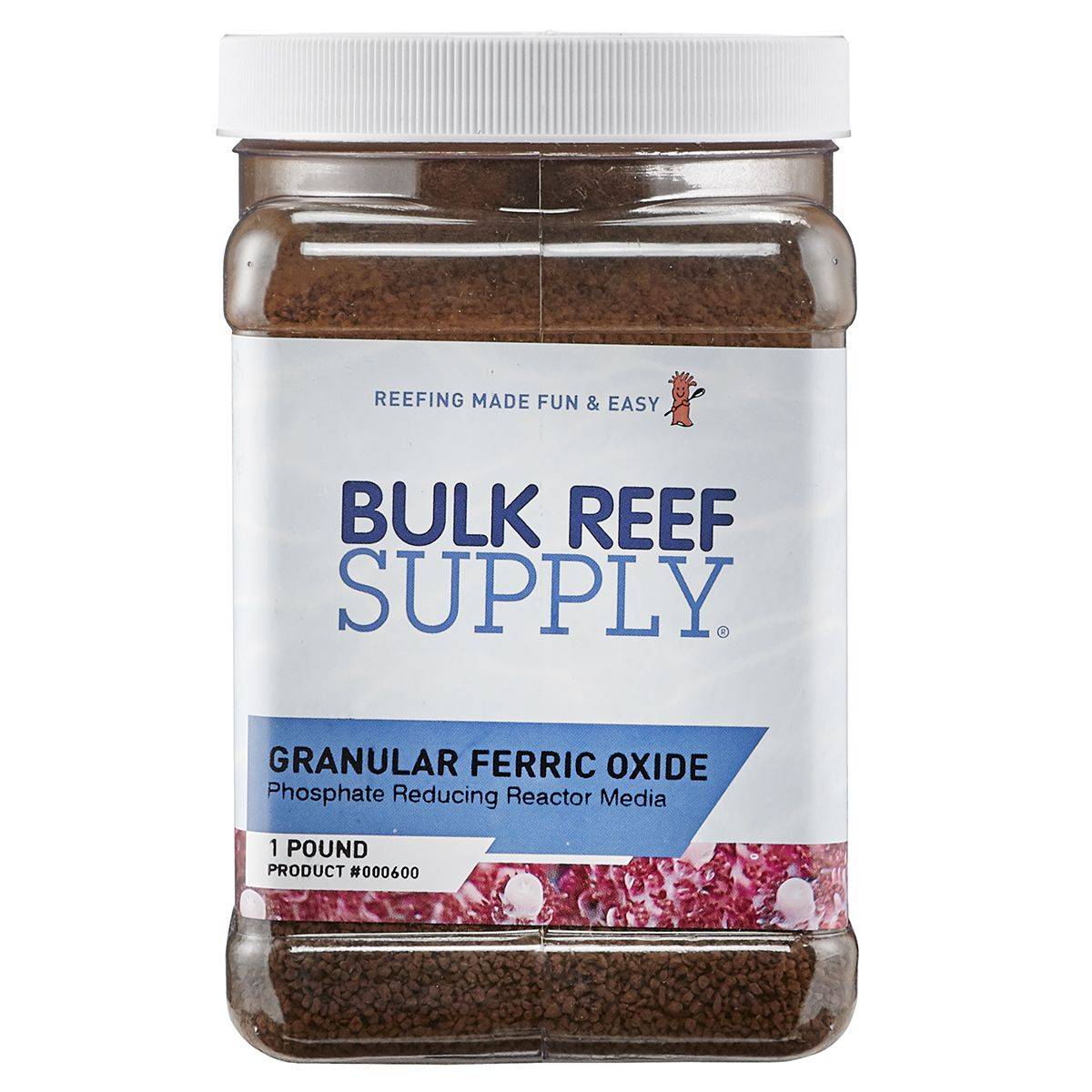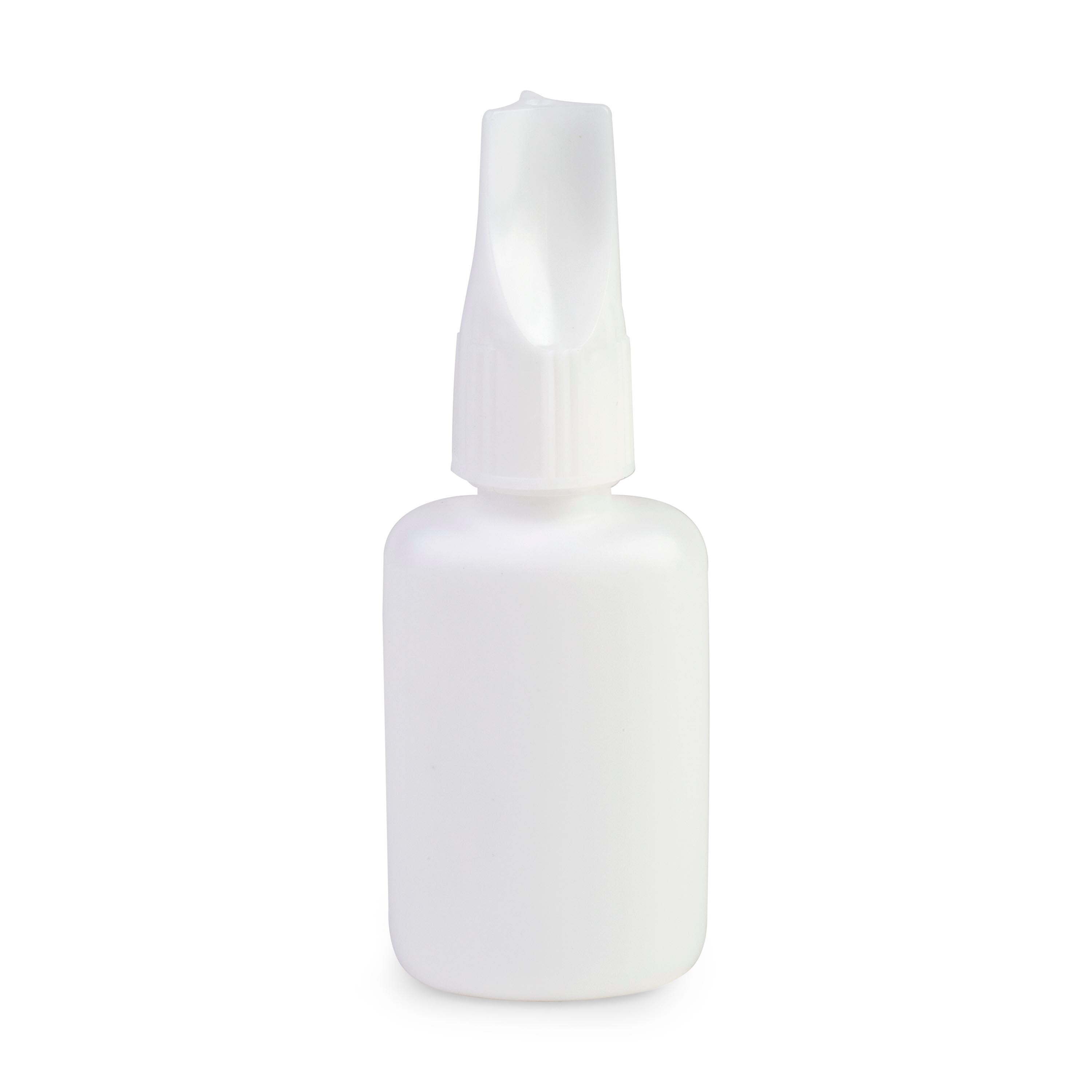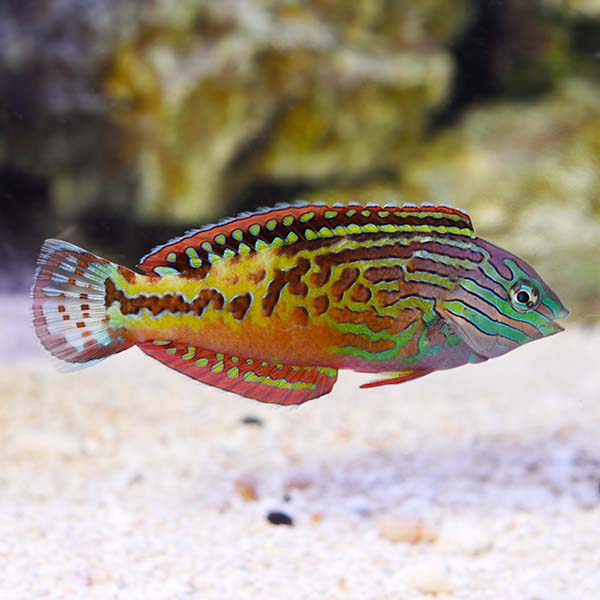
Vermiculate Leopard Wrasse Male (Macropharyngodon bipartitus)
Max Size: 5 inches
Diet: Carnivore
Temperament: Peaceful
Reef Compatible: Yes
Minimum Tank Size: 50 gallons
The Vermiculite Wrasse, also known as the Blue Star Leopard Wrasse or Divided Wrasse, exhibits a striking and distinctive color pattern. Juveniles and females showcase a pearly white body adorned with a mesmerizing mix of oranges, yellows, and browns, accented by light blue spots throughout the pattern. Notably, a large blue to black spot graces their stomach. In contrast, the males sport a brilliant neon green and blue hue with striking black outlines, arranged in a broken striped pattern along their bodies.
As members of the Macropharyngodon genus, the Vermiculite Wrasse necessitates a fine sandy substrate, providing them with a cozy burrowing spot for protection during the night. To ensure their well-being, they require a well-established aquarium, as they are natural hunters of small crustaceans during the day.
The Vermiculite Wrasse, though challenging to acclimate to a captive environment, can thrive under the expert care of seasoned reef aquarists. When introducing them to a display aquarium, it is best to do so before introducing larger or more active fishes. This way, the Vermiculite Wrasse has ample time to adapt to their new surroundings and develop a preference for prepared foods. For those looking to maintain a small group of these fishes, simultaneous introduction into the display is recommended. Similar to other Labroids, these wrasses possess the ability to change sex, with the most dominant fish in the group potentially transitioning into a fully functioning male.
The Vermiculite Wrasse is a unique species found around the East African coast in the Western Indian Ocean. The healthiest specimens typically originate from the Maldives, which is the only region from which we offer the Vermiculite Wrasse.
To provide the Vermiculite Wrasse with a balanced diet, it is essential to include vitamin-enriched frozen mysis shrimp, vitamin-enriched frozen brine shrimp, and other meaty foods in their meals. High-quality marine flake and marine pellet food should also be provided to meet their nutritional needs and promote their overall health and vitality.


